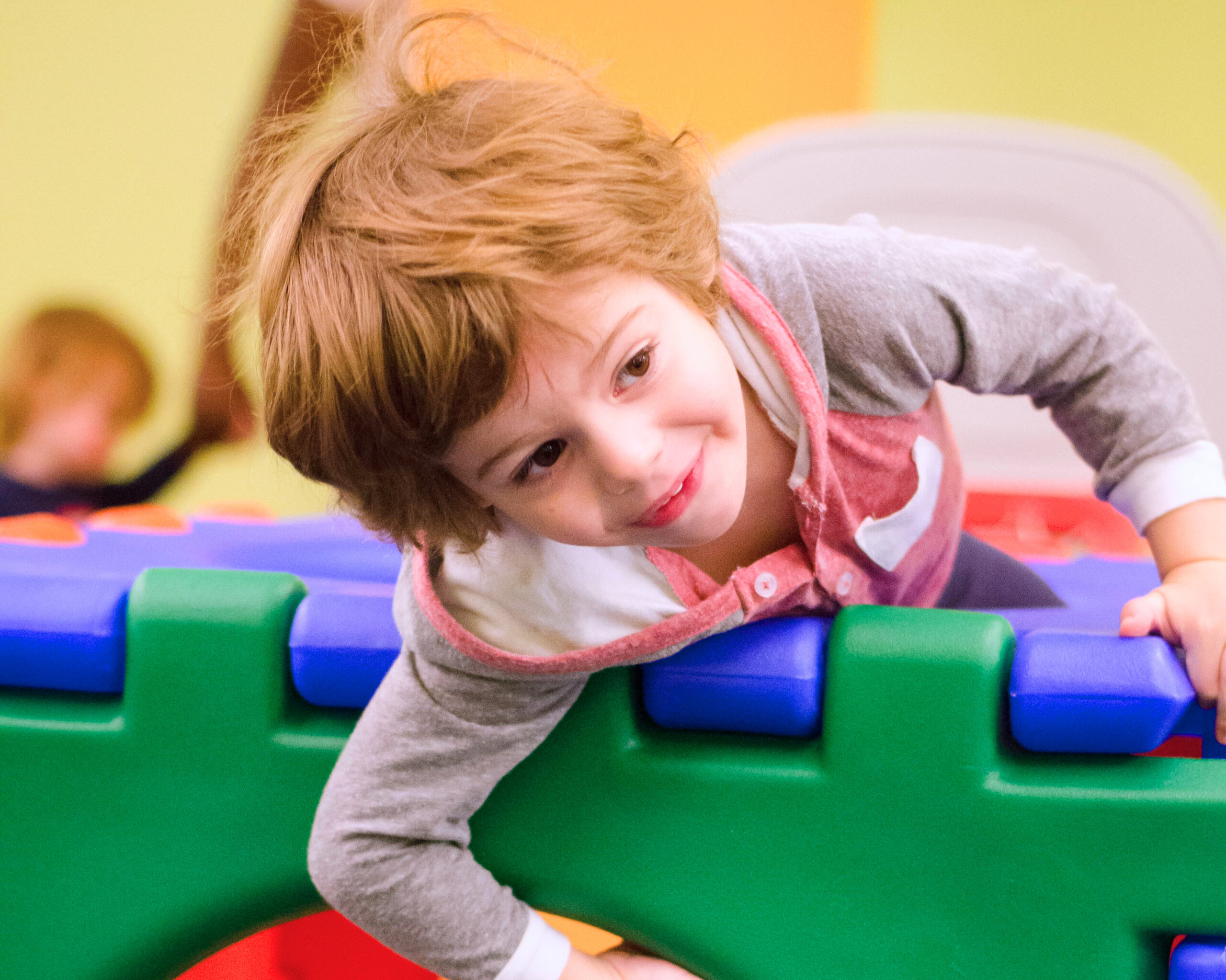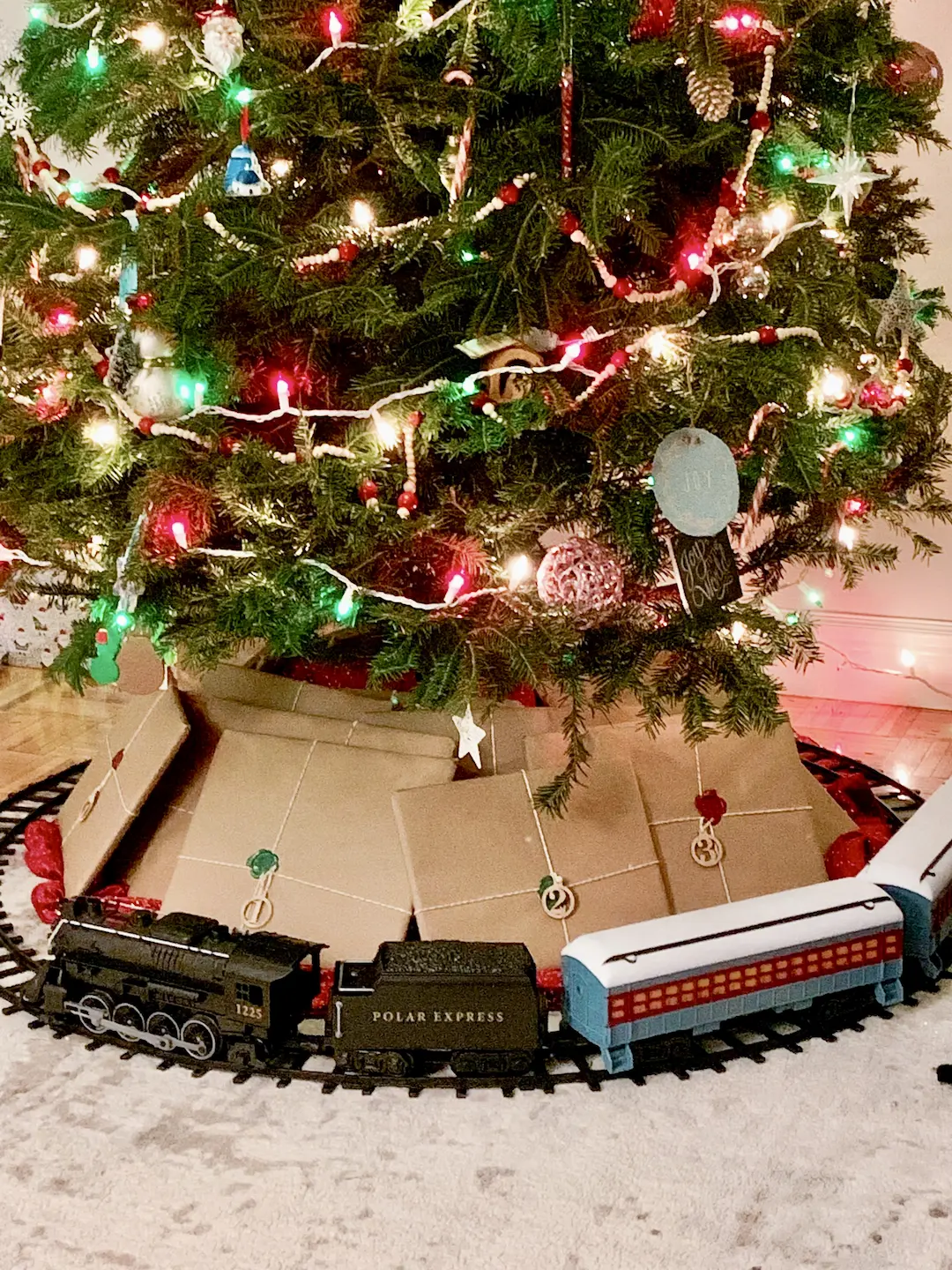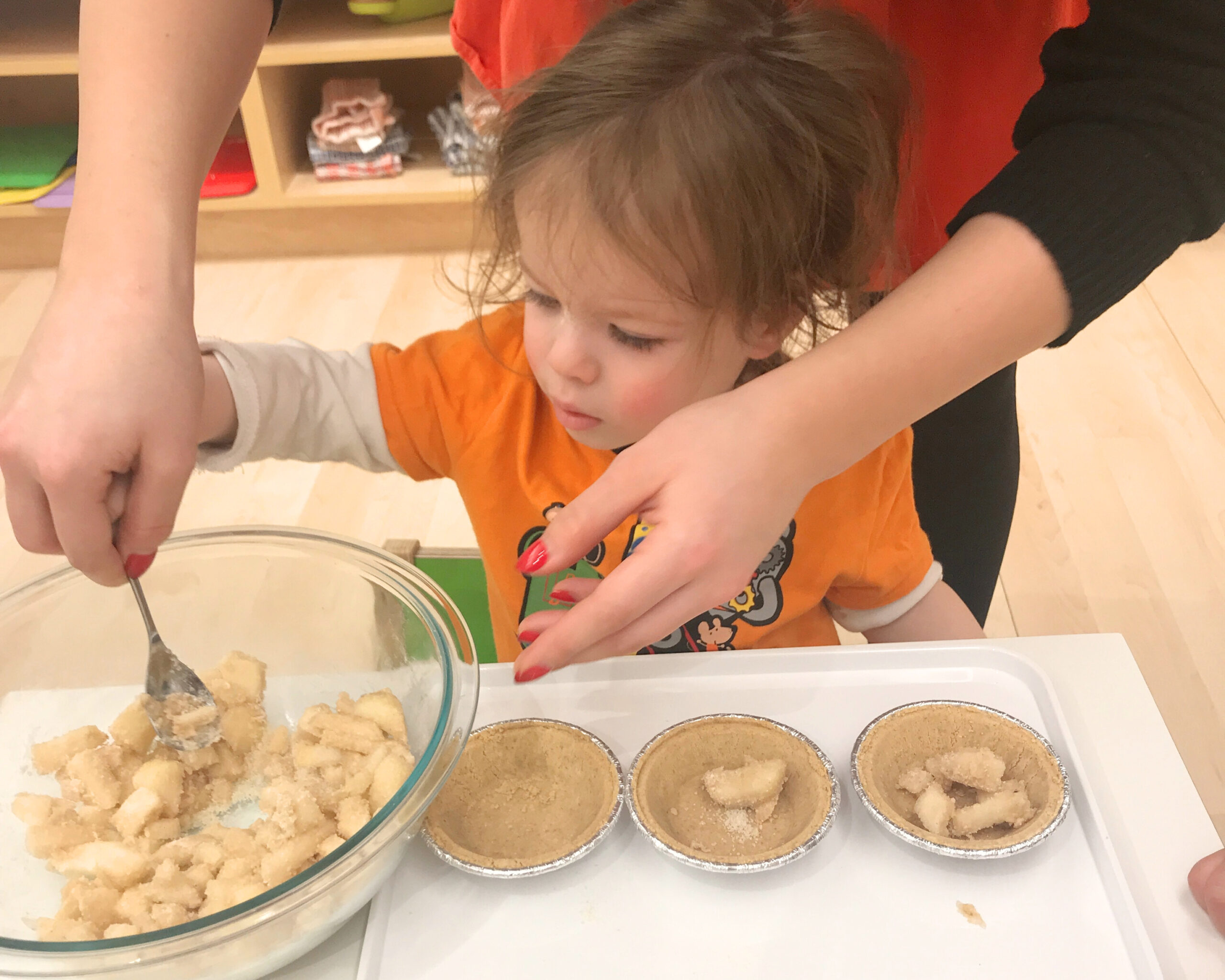When little ones start to play rough with others, it’s important to remember that there is always a reason for the behavior. Playing too rough can look like pushing others on the playground, taking toys, wrestling, or other rough behaviors. All little ones have the potential to play rough because their natural instinct is to react when something does not go their way. We have to teach them how to self-regulate and move through those big feelings to find different behaviors that do not hurt our friends and peers.
Here are some ways to work with your little one if they start to play too rough (or have been for a while) that will help with their social emotional development:
Teach Consent
When we tell our friends “no,” we want them to respect our answer and not retaliate. When our friends tell us “no,” they want respect for their answer and do not want us to retaliate. Teaching our little ones to respect a friend’s “no” is setting them up to be a respectful and kind human being. Additionally, reassure them that it is okay to be upset or have big feelings about hearing the word “no,” but we need to feel those feelings on our own or with a grown-up, and not take it out on anyone else. It can be upsetting to not get what we want AND it’s important to treat our friends with kindness when they want something different than we do — this is key in your little one’s social emotional development.
Take a Time-In
If your little one is playing rough on the playground, during a playdate, or just at home, take them aside and talk to them. Take a moment to sit down, make eye contact, and take a breath — both of you may need a moment to regulate. Once you are settled, genuinely ask them why they started playing rough; “Why did you push this person” or “I noticed you did not like it when this person took your toy” or whatever pertains to your situation. Little ones are still building their emotional vocabulary to express their feelings so they can eventually use their words instead of reacting. Oftentimes, they may be playing rough for attention — another big reason to take the time-in; to make sure they feel seen and help them understand how we work through those big feelings in appropriate and healthy ways.
Always conclude your time-in with some affirmations such as:
“I have a kind heart.”
“I am a good friend.”
“Even when I’m mad, I can still be kind.”
Set Boundaries and Try an Alternative
In order for our little ones to stop playing rough, we have to set boundaries during playtime. Start with a time-in to talk through their big feelings, and explain that there are consequences if they choose negative behaviors. Odds are, this will not be the only time you have this conversation — little ones at this stage in their social emotional development need repetition and consistency in order to learn. You might end up having to take them out of playtime a few times for them to understand. Additionally, when they feel an urge to push or play rough, encourage your little one to find you, a teacher, or another trusted adult to share the feeling and get an alternative — kick a ball, punch a pillow, blow some bubbles — because sometimes they just need to release pent up energy.
Be an Example
Sometimes playing rough is how they see other children play or how they play with siblings. Respect and kindness for each other starts at home. Practice playing with stuffed animals or dolls at home. You can roleplay with your little one and if they start to get rough with toys, no one really gets hurt. When they do get rough, you can ask the doll or stuffed animal if they’re okay or if they like playing rough. The toy can say “No I do not like playing rough,” and offer another way to play. You can also show them how you play kindly with others and respect our friends we play with by saying something like, “I really wanted to play with that toy, but I am not going to push you for it. I’ll play with something else until you are done.”
When our little ones act out or play rough, they can get a reputation at home, in the classroom, or on the playground as a “problem kid.” This is language that we need to stop using, and it starts with adults. If a little one takes on the title of “problem kid,” it can have negative effects on their self-esteem and social emotional development. The little one is not the problem — the behavior is the problem and there are always solutions!
A gentle reminder: have patience with your little one and yourself as you work through this. It can be frustrating and feel like they are not listening sometimes, but the more you consistently encourage them to play well with others and work on new behaviors, the stronger this foundation will be in their ever growing social emotional development.




